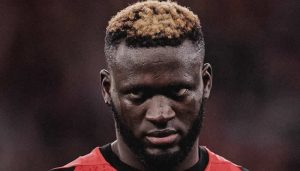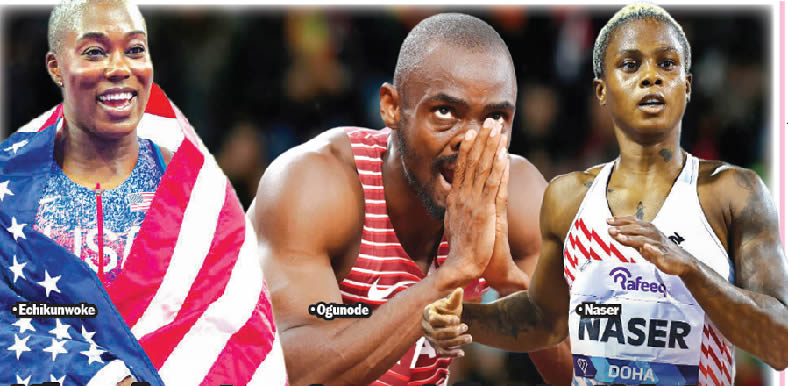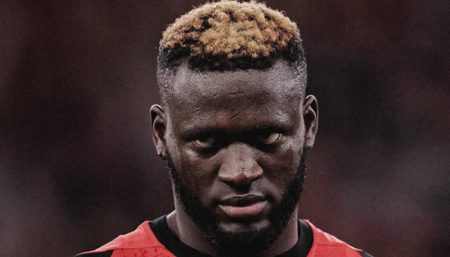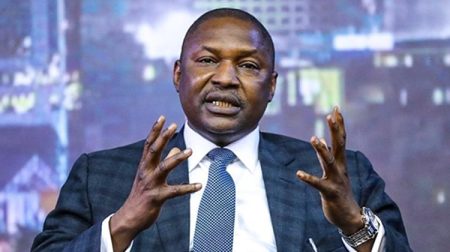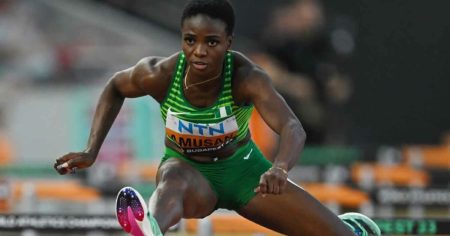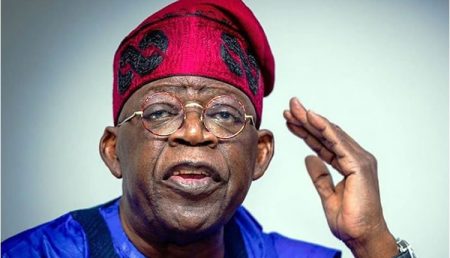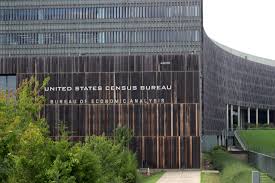The migration of athletic talent from Nigeria to other nations has become a recurring narrative, often punctuated by tales of frustration, neglect, and the pursuit of better opportunities. Several Nigerian-born athletes, possessing immense potential and driven by ambition, have found themselves compelled to seek greener pastures, switching allegiance to countries that offered the support and resources necessary to nurture their talents. This exodus has resulted in remarkable achievements for their adopted nations, while simultaneously leaving Nigeria to ponder what might have been.
The case of Annette Echikunwoke, the hammer thrower who secured a historic silver medal for the United States at the 2024 Olympics, exemplifies this phenomenon. Initially choosing to represent Nigeria, Echikunwoke’s Olympic dreams were dashed in 2020 due to administrative negligence by the Athletics Federation of Nigeria (AFN). Failing to arrange mandatory drug tests despite Echikunwoke’s diligent efforts to comply, the AFN effectively disqualified her from the Tokyo Olympics. This bureaucratic blunder paved the way for her switch to the US, where she ultimately achieved Olympic glory. Similarly, Salwa Eid Naser, born Ebelechukwu Agbapuonwu, became a world champion in the 400m representing Bahrain. Though she cited better training opportunities as the reason for her switch, the underlying theme of seeking a more conducive environment for athletic development resonates.
Femi Ogunode, a sprinter who shattered Asian records, also experienced the sting of exclusion from the Nigerian team despite meeting qualifying standards. Left without explanation by the AFN, he embraced the opportunity to represent Qatar, achieving remarkable success at the Asian Games and other continental competitions. Francis Obikwelu, an Olympic silver medalist in the 100m, shared a similar narrative of frustration with the AFN. Dismissed injuries and bureaucratic hurdles led him to seek refuge in Portugal, where he flourished, setting European records and becoming a continental champion. These instances highlight a pattern of athletes feeling undervalued and unsupported by the Nigerian system, leading them to seek validation and success elsewhere.
Glory Alozie, a world-class hurdler who represented Spain, and Florence Ekpo-Umoh, a 400m sprinter who competed for Germany, further underscore the allure of better prospects abroad. While Alozie later expressed regret over her decision, attributing it to youthful naiveté and external pressures, Ekpo-Umoh unequivocally stated her belief that staying in Nigeria would have stifled her career. She cited the disheartening sight of athletes “begging to make the team” as a major factor in her decision to switch allegiance. This paints a picture of a system perceived as lacking transparency and fairness, pushing promising athletes towards more structured and supportive environments.
Daniel Igali’s journey adds another layer to this complex narrative. Seeking refugee status in Canada due to political instability in Nigeria, Igali went on to win an Olympic gold medal in wrestling for his adopted country. While his case differs from the others in its initial impetus, it nonetheless demonstrates the potential that can be unlocked when athletes find themselves in environments that foster their growth. Igali’s story also showcases the possibility of giving back, as he later became the president of the Nigeria Wrestling Federation, working to improve the sport in his country of birth.
The recurring motif in these stories is the search for an environment conducive to athletic excellence. While personal circumstances vary, the underlying thread of frustration with the Nigerian system, be it due to administrative shortcomings, lack of support, or perceived unfairness, remains constant. These athletes, driven by ambition and the desire to fulfill their potential, sought opportunities elsewhere and, in doing so, achieved remarkable success on the global stage, often leaving Nigeria to contemplate the lost potential. Their achievements serve as a stark reminder of the importance of nurturing talent and creating a system that supports and empowers athletes, rather than driving them away. The loss of these athletes represents not only a missed opportunity for national pride but also a significant drain on Nigeria’s sporting potential, leaving the country to grapple with the question of how to create a more supportive and sustainable athletic ecosystem. The drain of talent underscores the urgent need for reform within the Nigerian sporting landscape, addressing the systemic issues that have led to this recurring pattern of athlete migration. Only by creating an environment that values, supports, and empowers its athletes can Nigeria hope to retain its homegrown talent and achieve its full sporting potential on the world stage.




